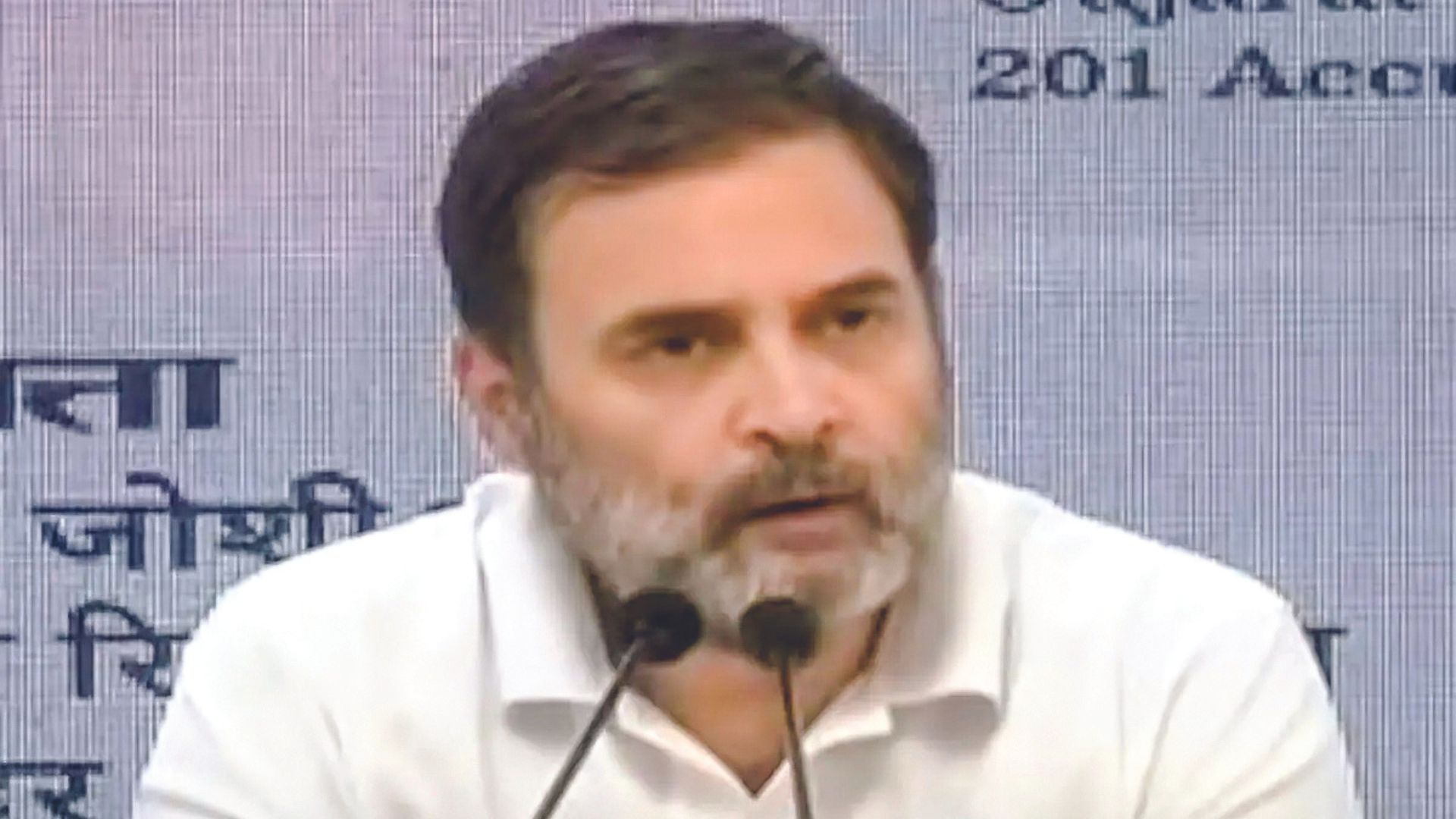Rahul Gandhi has made an impressive debut in the role of Leader of Opposition. The scene witnessed at the first session of the 18th Lok Sabha was absolutely Jaw dropping. Prime Minister Narendra Modi had to deliver his entire speech amidst strong opposition uproar during the session’s turbulent start.
Rahul Gandhi, handling the role of Leader of the Opposition for the first time, seems to have erred either by oversight or coercion. He seemed to forget that this isn’t a short-term endeavour but a five-year commitment where there’s no room for repeating short-term strategies akin to T20 innings.
The belief and confidence of opposition may backfire them anytime. If the opposition, including Congress, believes they can topple the government, they are mistaken. Congress has experience governing with 145 seats for a full decade and then being re-elected. Prime Minister Modi’s party has 240 members, bolstered to 293 with allies, including all NDA constituents in government.
In the current scenario, the question is that what made Congress assume that the NDA government won’t continue? The decision now lies with the government. Just as Congress managed its alliances during the UPA era, BJP can do the same. Why would JDU leader and Bihar Chief Minister Nitish Kumar, who supports BJP, leave them now? Congress has previously denied him the PM post twice—once in 2017 and again in 2023. Congress has a history of not allowing governments it supports from the outside to function, as seen with leaders like Chandrashekhar and Chaudhary Charan Singh. Nitish also knows that Rahul’s ally Tejashwi Yadav aspires to be Bihar’s Chief Minister.
In the initial sessions of the 18th Lok Sabha, the Congress and its leader Rahul Gandhi made a significant impact with their approach to parliamentary debates.
During the discussions on the President’s address, Rahul Gandhi’s interventions were characterized by their assertiveness, akin to the swift and aggressive nature of a T20 cricket match. His remarks seemed spontaneous and targeted, often causing unease among the members of the ruling party. Even Mallikarjun Kharge, an experienced politician and Leader of Opposition in the Rajya Sabha, appeared eager to make his voice heard, at times venturing beyond the usual decorum of parliamentary proceedings.
On Tuesday, when Prime Minister Narendra Modi took the floor to respond to the President’s address, the atmosphere in the Lok Sabha became charged. Rahul Gandhi’s party members resorted to disruptive tactics, occupying the well of the House and chanting slogans, which visibly perturbed the Speaker, Om Birla. This marked a departure from the usual parliamentary conduct, prompting concerns about the conduct of future sessions.
During his address, PM Modi indirectly referenced Rahul Gandhi, labeling opposition strategies as “childish” and emphasizing his resolve not to succumb to pressure. PM Modi systematically countered Rahul’s points on issues like reservation policies and Hindutva, highlighting them as key themes of opposition rhetoric. He also hinted at a strategic focus on targeting parties like TMC and SP within the larger opposition alliance.
The contentious session stated the likelihood of stricter parliamentary measures in the future, as the Speaker prepares to maintain order amid heightened political tensions and spirited debates.







